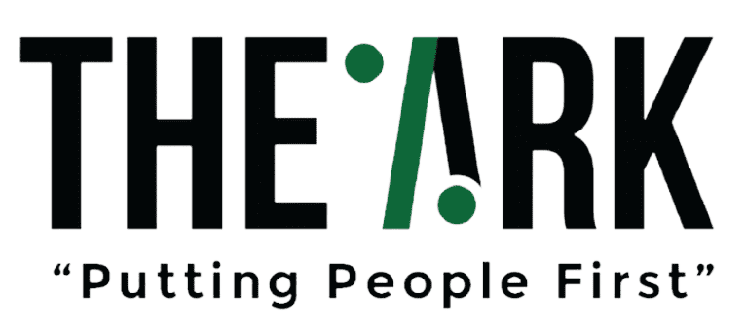
As a business owner, keeping your finances in order is essential to the success of your business. Here are five bookkeeping tips that you can implement this week to improve your bookkeeping practices:
- Keep Personal and Business Expenses Separate
One of the most common mistakes that business owners make is mixing personal and business expenses. It’s important to keep these two expenses separate to avoid confusion and to ensure that you are not missing any important deductions. Use separate bank accounts and credit cards for your personal and business expenses. - Keep Receipts and Invoices Organized
Keeping track of receipts and invoices is critical to bookkeeping. You need to know where your money is coming from and where it’s going. It’s essential to have a system in place to store your receipts and invoices. You can use a physical folder or a digital tool to keep track of them. This will help you reconcile accounts and prepare for tax season. - Automate Bookkeeping Tasks
Technology has made bookkeeping more manageable than ever. Accounting software can automate tasks like invoicing, payment tracking, and bank reconciliations. This will save you time and reduce the risk of errors in your books. Additionally, automation will provide you with accurate and up-to-date financial information, making it easier to make informed decisions about your business. - Reconcile Your Accounts
Reconciling your accounts is the process of comparing your financial records to your bank statements to ensure that they match. This is important in catching any errors or discrepancies in your finances. - Review Financial Reports
Regularly review your financial reports to track your business’s performance. This will help you identify areas where you can cut costs or areas where you can invest more money.
Summary:
Effective financial management for your business involves several crucial steps. Firstly, it’s vital to keep personal and business expenses entirely separate, using dedicated bank accounts and credit cards for each to ensure clarity and maximize potential deductions. Secondly, meticulous organization of receipts and invoices is essential for tracking income sources and expenses accurately, whether through physical or digital systems.
Leveraging accounting software for automation simplifies tasks like invoicing and bank reconciliations, saving time and minimizing errors while providing real-time financial insights. Regular account reconciliations, where financial records are compared with bank statements, help catch discrepancies and maintain financial accuracy. Lastly, consistent review of financial reports allows you to assess your business’s performance, identify cost-cutting opportunities, and make informed investment decisions.




Bonus Tip: Consult a Professional
If you’re unsure about your bookkeeping practices or don’t have the time to handle your finances, it’s important to consult a professional. At our CPA firm, we have the tools, knowledge, and expertise to guide you in managing your finances and ensure that your bookkeeping practices are up to par.
Implementing these bookkeeping tips will help you stay on top of your finances and improve your overall financial management.
Recent Posts
Have Any Question?
We’re here to provide the answers and support you need. Reach out to us today for expert guidance on your financial journey.

